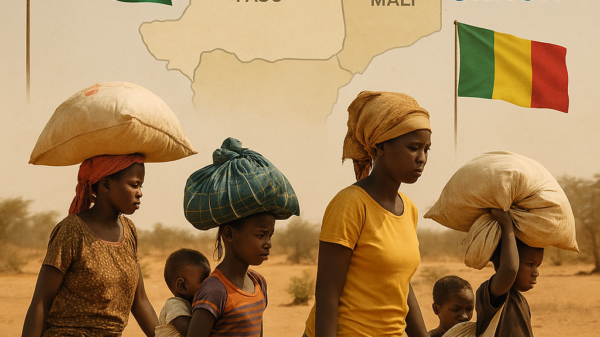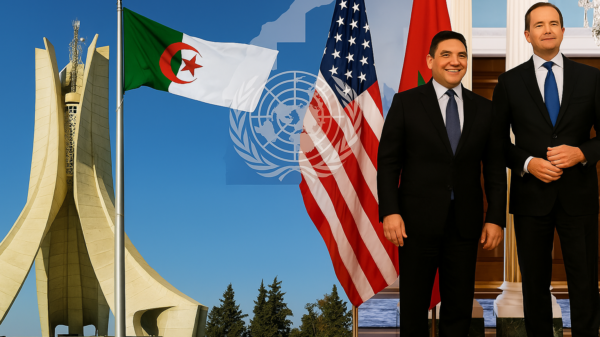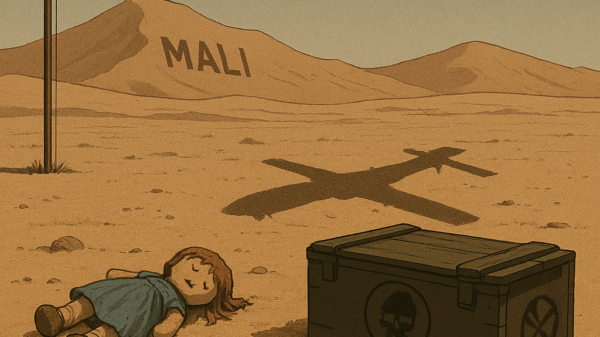In the remote village of Amasrakad, deep in Mali’s Gao region, Fatimata Aguel Anta was preparing dinner for her children when a strange buzz broke the silence of the night. It wasn’t the wind, nor footsteps — it was the ominous sound of a drone circling above.
Moments later, her house was gone. Her youngest son lay lifeless in the rubble. “We weren’t terrorists… we were just trying to live,” she whispers from the refugee camp where she now resides.
Turkish drones… tools of precision turned instruments of fear
Over the past few years, Mali has deepened its military cooperation with Turkey, acquiring drones like the Bayraktar TB2 and the more advanced Akıncı. These drones, officially provided to fight terrorism, have instead cast a shadow of dread over Tuareg communities.
In January 2024, while officials celebrated the delivery of new drones in Bamako, villages like Amasrakad and Douentza were already mourning their dead — most of them innocent civilians.
Wagner’s hand behind the trigger
Credible human rights reports indicate that Russian Wagner mercenaries, who have become increasingly active in Mali, play a direct role in drone operations. In June 2024, a series of strikes in the Abeïbara area killed at least 70 Tuareg civilians, in what some NGOs described as an “ethnic cleansing campaign.”
“We just don’t want to die in silence”
Mohamed Ankaoual, a Tuareg elder from Tin-Essako, recalls the drone strike that hit their local market: “We saw the drone above, then everything exploded. My 9-year-old grandson died in front of me.” These scenes have repeated across Tuareg villages, often with no official acknowledgment or investigation.
Impunity and silence
Despite growing concerns, Malian authorities have remained silent. International organizations such as Amnesty International and Human Rights Watch have demanded transparent investigations, yet no action has followed. Meanwhile, Turkey continues to supply drones with seemingly no oversight.
Conclusion: the sky is no longer blue
In Mali, the sky no longer brings hope — it brings terror. Drones designed for surgical precision are being used recklessly. And the Tuareg, long marginalized, are now paying with their lives.
“We are not enemies. We are survivors,” Fatimata says, her gaze lost in pain and memory.




























